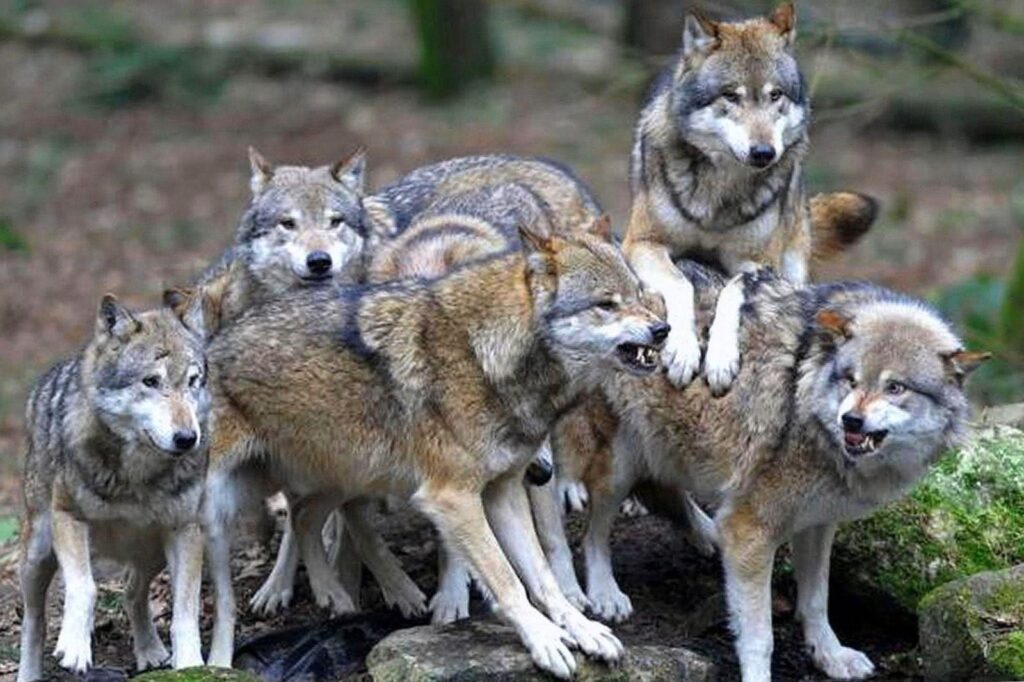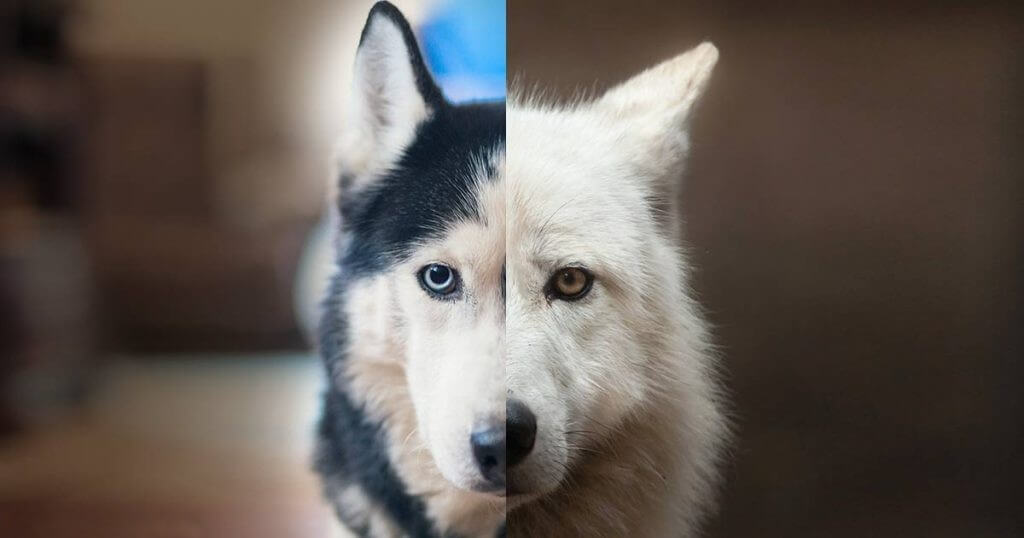The Role of Instincts, Emotions, and Ancestral Roots in Shaping Behavior and Addressing Issues
A crucial aspect of delving deeper into the essence of dogs is acknowledging the significant role that instincts, emotions, and ancestral roots play in shaping their behavior. Many of the problems dog owners face with their pets stem from a lack of understanding of their dog’s natural instincts and ancestral origins. By educating ourselves about the history and evolution of our dogs, we can better comprehend and address the behavior issues that may arise.
Dogs have evolved over thousands of years, and their ancestral instincts continue to be a driving force in their actions and reactions. Predatory instincts, for example, are still present in many dog breeds. While these instincts have been modified through selective breeding to better suit domestic life, they can still manifest in various forms. Chasing, stalking, and grabbing behaviors are all part of a dog’s predatory sequence. By offering appropriate outlets for these instincts, such as engaging in fetch or lure coursing, we can help our dogs express their natural behaviors in a controlled and safe environment.
Dogs also have strong social instincts, which influence their interactions with humans and other animals. As pack animals, they are hardwired to seek companionship and social connection. Providing opportunities for socialization and building a strong bond with your dog through consistent training, positive reinforcement, and shared activities is essential to their emotional well-being.
Understanding a dog’s emotional state is another key aspect of grasping their essence. Canine emotions are not identical to human emotions but can be complex and nuanced. Dogs can experience emotions such as happiness, fear, anxiety, and even jealousy. It is essential to recognize these emotions and respond appropriately to ensure your dog’s mental health.
To effectively address and prevent behavior issues, it is crucial to first understand where your dog’s instincts and behaviors come from. For example, a dog that barks excessively may be expressing its natural inclination to guard territory or alert the pack to potential threats. Understanding this underlying motivation can help you develop an appropriate and effective training plan to manage the behavior.
Similarly, a dog that is aggressive or fearful toward other dogs may be acting out of a need to protect itself or establish dominance within a social hierarchy. By appreciating the social structure of a dog’s ancestral pack, you can better understand the root of this behavior and work on building your dog’s confidence and social skills.
Recognizing that many behavior issues stem from a disconnect between our modern lifestyles and our dog’s ancestral roots allows us to be more compassionate and understanding in addressing these challenges. By educating ourselves about the essence of dogs, their natural instincts, and emotions, we can create an environment that respects their unique needs and fosters a harmonious, fulfilling relationship between humans and their canine companions. By doing so, we not only improve the lives of our dogs but also enrich our own experiences as pet owners.




